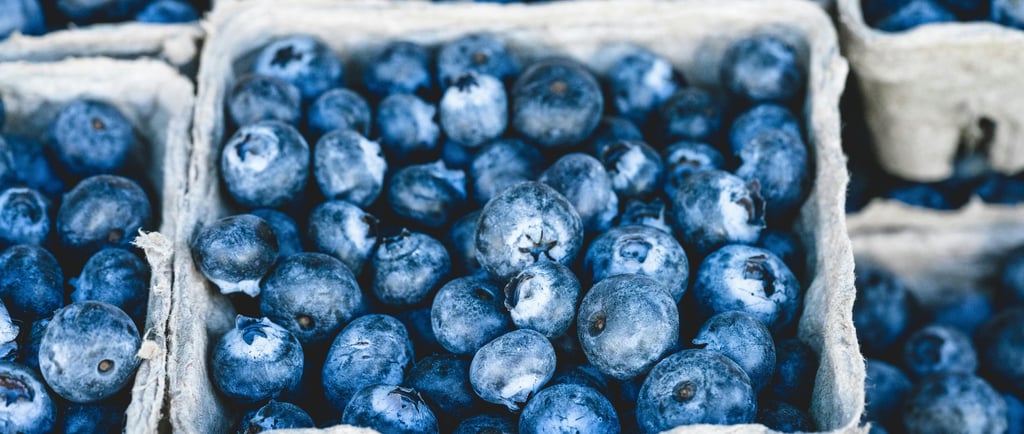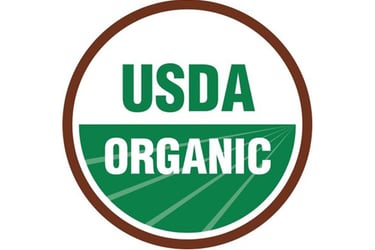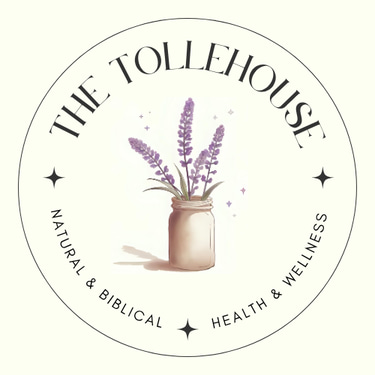

Organic is everywhere--from the unmistakable green labels on our food packaging to the front of personal care products. There is a lot of confusion about what organic is and isn't, and it could be costing you more money at the grocery store unnecessarily. Let's talk about the real story beyond the label.
What does "organic" mean?
To the consumer (you and me), organic can mean "healthy alternative," "natural," "pure," or some other buzzword we've come to associate with it. But what lies deeper is often misinterpreted or misunderstood, and food companies count on that to influence our buying decisions.
The USDA describes this uber-popular term as "a label that indicates that a food or agricultural product has been produced according to the USDA organic standards, which require operations to use practices that cycle resources, conserve biodiversity, and preserve ecological balance."
Sounds pretty straightforward and even noble, right? If you keep reading the linked article, you'll also find that stakeholders get to help determine the policies, farming practices, and enforcement of farming practices that fall under the organic portion of the food industry. My trust in the government hasn't been much so far, but it withers away just a little bit more every day. That is why. Money is the biggest influencer of our time, and you don't have to be a conspiracy theorist to know that it has always been the driving factor of how our food is produced here in the U.S.
Since the rise of the organic movement around 80 years ago, the guidelines have been changed and blurred by big corporations that have bought out local farms and as international food imports increased.
Here's what you need to know.
4 Things You Didn't Know about the Organic Label
1. Organic doesn't mean natural. Or better.
Due to a particularly clever marketing tactic called greenwashing, we have been led to believe that organic is always better for us because its foods are pesticide-free, chemical-free, and responsibly sourced. There's no doubt you've been to the grocery store, or even a place like Whole Foods, and have seen earthy-toned green or brown packaging with handwritten fonts, promising you a better quality of food for a much higher price. Believe it or not, a lot of organic foods share almost the same nutritional value as their conventionally grown counterparts, minus some extra antioxidants in some cases. While there are some foods that are generally better to buy organic, this isn't the case for every food, because you'll often be spending extra money on companies that might cut corners in order to sell you "organic." Keep reading, and you'll find the Dirty Dozen list of conventionally grown produce to avoid consuming for the good of your health!
2. Pesticides are still used in organic food.
Despite popular misconceptions, pesticides are still used on organically grown foods. These pesticides are mostly derived from plants and other sources, although a few synthetics are still allowed. However, some of the natural pesticides can still be harmful to your health, even as they are being touted as Generally Recognized as Safe (or GRAS). Just as conventional pesticides do, these can still leach into food and have some lingering health effects.
3. International imports aren't always held to U.S. standards.
The guidelines for producing organic food in other countries are usually a little different from our standards here. In a perfect world, the incoming goods would be thoroughly inspected and vetted before being integrated into our food supply--but that isn't always the case. Although the government seems to be cracking down on the verification and certification of foreign produce, one study says that only about 2% of growers' operations are being inspected annually. Talk about looking the other way! Thankfully, as of 2024, there are moves being made in the government to make those regulations better and inspections more comprehensive.
4. It's hard to know what is 100% organic.
Whether or not a product is truly organic depends on the manufacturer, as the USDA's guideline states that certified organic products must contain up to 95% organic ingredients. So what about the other 5 percent? Who knows. This loophole creates a lapse in accountability where companies have been shown to cut corners in order to cut costs. The problem with trusting organic food is that a lot of big food companies like Nestle and General Mills have bought out small local farms that have already been following "organic" farming practices without cutting corners; and Big Food does a lot of shady business to get around telling the truth about what is really in their food.


How to Choose Wisely
Know where your food is coming from. Do your research to ensure that your food is being sustainably sourced and stewarded in the best way possible. For example, ButcherBox is a wonderfully healthy meat source that is guaranteed grass-fed and grain-finished for the lowest bundle price out there. On their website, they tell you how their animals live, what they eat, and that they are U.S.-based. You can read the details here!
Support your local farmer's markets. One of the best things you can do for your family is to support other families and local businesses that value your community and growing food right. You can easily enter your zip code to find farmer's markets on websites like this one.
Pick your battles. If you want to be more careful of what you're putting in your cart at the grocery store, check out EWG's Dirty Dozen to see which produce items have the most lingering chemicals in them, and the effects they may have on your body. Being informed doesn't have to be overwhelming, but it is just a powerful tool to help you do what you can to eat healthy.
My honest thoughts: I shop at a local farmer's market regularly, and as I was doing my research for this topic, I thought it would be a good idea to reach out to them to see exactly where they get their produce and how it's grown. Personally, I have tasted and seen that their produce is really fresh and good quality, and that has been good enough for me. Their fruits and vegetables taste, texture, and colors are worlds better than anything I've ever had at big-corp grocery stores, so that has to count for something! I'll keep you updated on what my farmer's market says. If you're in the Mesa-Gilbert-Apache Junction area, Superstition Ranch Farmer's Market is the place to go for great produce at a low price!
